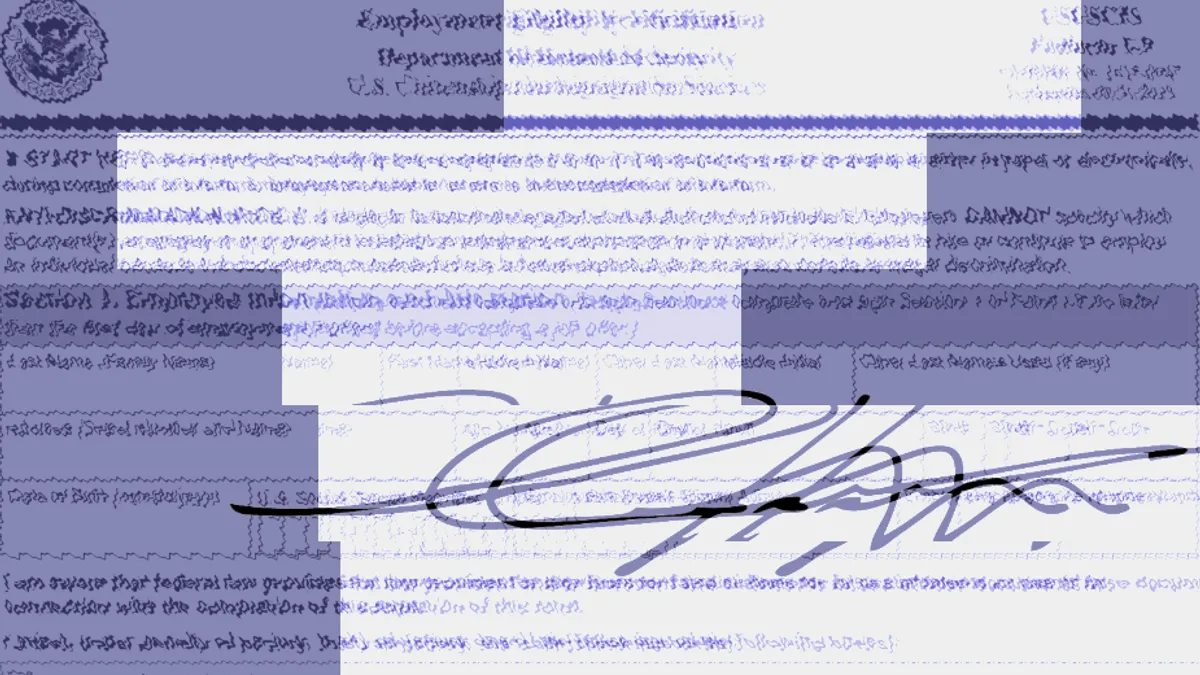In-house counsel that make compliance with the Foreign Corrupt Practices Act a team sport stand a better chance of protecting their company from federal trouble than if they try to do it by themselves, FCPA specialist Mike Koehler says in a Lextegrity webinar.
It typically falls on the legal team to ensure the company or its foreign affiliates don’t skirt the law in trying to get a leg up on business in a foreign country, says Koehler, a visiting law professor at the University of Houston and the editor of the law blog FCPA Professor.
But the legal team can see red flags sooner if they educate accounting and audit staff about what FCPA violations look like and work with them to be their eyes and ears, because they are the staff that are closest to the company’s flow of money, he says.
“Finance, accounting and auditing employees can [spot trouble] if they have a sufficient FCPA lens,” he said.
In the typical scenario, bad actors within a company will work with a third party to divert money to create a source of funds for paying bribes without triggering internal controls.
Money is typically diverted through inflated commissions, distributor discounts, improper invoicing, fake executive bonuses or excessive employee reimbursements.
Commissions. When inflated commissions are used, the bad actors will pay an inflated rate to a third-party sales rep who then keeps a small portion for himself and uses the bulk of the money for the bribes. In one case, a company paid a third-party rep a 13% commission, of which 9% went to the bribery scheme.
“There’s nothing wrong with paying a commission to a third party for providing legitimate assistance on attaining business,” Koehler said. “But what is that third party actually doing with the commission?”
Discounts. A scheme involving discounts tends to work in a way that’s similar to inflated commissions. In one case, the company sold products at the full price to a distributor, who then resold the products to a shell company for a discount and funded the bribery payments using the margin between the full price and the discount.
Invoices. Improper invoicing typically involves a freight forwarder or other third party who sneaks in extra charges through phony items, like packaging, and uses the additional money to pay bribes.
“Shipments are already packaged, so why would a freight forwarder charge for packaging?” said Mihnea Rotariu, risk and compliance analytics director at Lextegrity, which hosted the webinar.
Reimbursements. With reimbursements, the employee uses his own money to pay the bribes and then makes himself whole with the reimbursements. In one case, the employee of a Chinese affiliate of a U.S. company submitted for hundreds of thousands of dollars in reimbursements for, among other things, hundreds of business meals within a six-month period.
“That was more than one meal a day,” said Koehler. “You would like to think this would have raised some red flags within an organization.”
Bonuses. Executive bonuses can be used to fund bribery schemes, too, because, unlike annual or other employee bonuses that follow a formula, they’re often one-off amounts that don’t fall into a pattern.
Flipping allegations
All of these schemes can be detected if accountants and auditors set up analytics programs to look for patterns and anomalies. They can be positioned to do that effectively if they’re aware of the typical schemes, which they can learn by familiarizing themselves with enforcement actions by the Department of Justice and the Securities and Exchange Commission.
If company policy allows for reimbursements without a receipt for expenses under $25, for example, the analytics program can be set up to flag employees who seek reimbursements of under $25 most frequently.
“Give these people additional risk analysis,” said Rotariu.
Koehler described the technique for spotting these schemes as flipping allegations — learning about the allegations in DOJ and SEC enforcement actions and working backwards from there to see how to uncover them in your own company.
With inflated commissions, for example, look at who in the company approves third-party commissions in other countries and then identify payments that are regularly higher than for comparable third-party services.
When you know what these patterns are, said Koehler, you can work with accounting and audit staff to create the analytics to flag, and the internal controls to stop these schemes before the bad actors cause the company to become a target of a federal investigation.



















